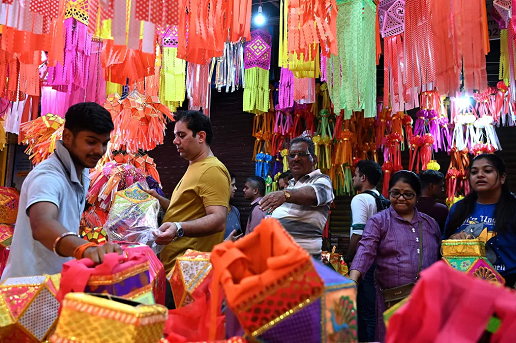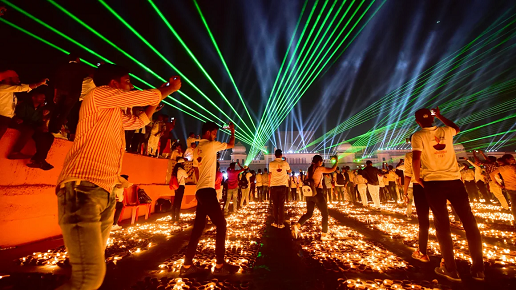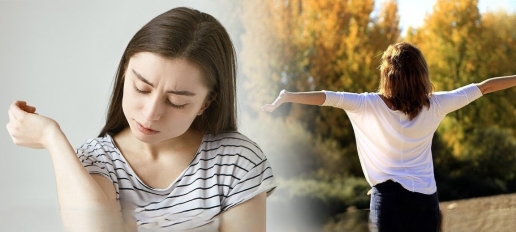Over a billion Hindus, Sikhs, Jains, and Buddhists worldwide are celebrating Diwali, or Deepavali, known as the festival of lights. Traditionally marking the triumph of light over darkness and good over evil, Diwali is celebrated with lighting oil lamps, firework displays, family gatherings, sweets, and gift exchanges. The five-day festival holds unique meanings for various communities and regions.
For Hindus, Diwali recalls the legendary return of Prince Rama and Sita, or Lord Krishna's victory over Narakasura. Sikhs celebrate "Bandi Chhor Divas," marking Guru Hargobind’s liberation of himself and 52 kings from captivity. Jains honor the day Lord Mahavira achieved enlightenment, while Buddhists commemorate Emperor Ashoka's embrace of Buddhism. Customers buy paper lanterns and other decorative items at a shop in Mumbai ahead of Diwali in 2023. Sujit Jaiswal/AFP/Getty Images
Customers buy paper lanterns and other decorative items at a shop in Mumbai ahead of Diwali in 2023. Sujit Jaiswal/AFP/Getty Images
Celebrations vary widely across countries like India, Nepal, and Malaysia, where homes, businesses, and public spaces shine with lights and colorful decorations. Diwali is also a time for card games, symbolic for luck, and marks the Hindu financial year’s start, with many businesses opening new account books. The festival’s universal message of justice, joy, and community has made it a celebration transcending religious boundaries.







